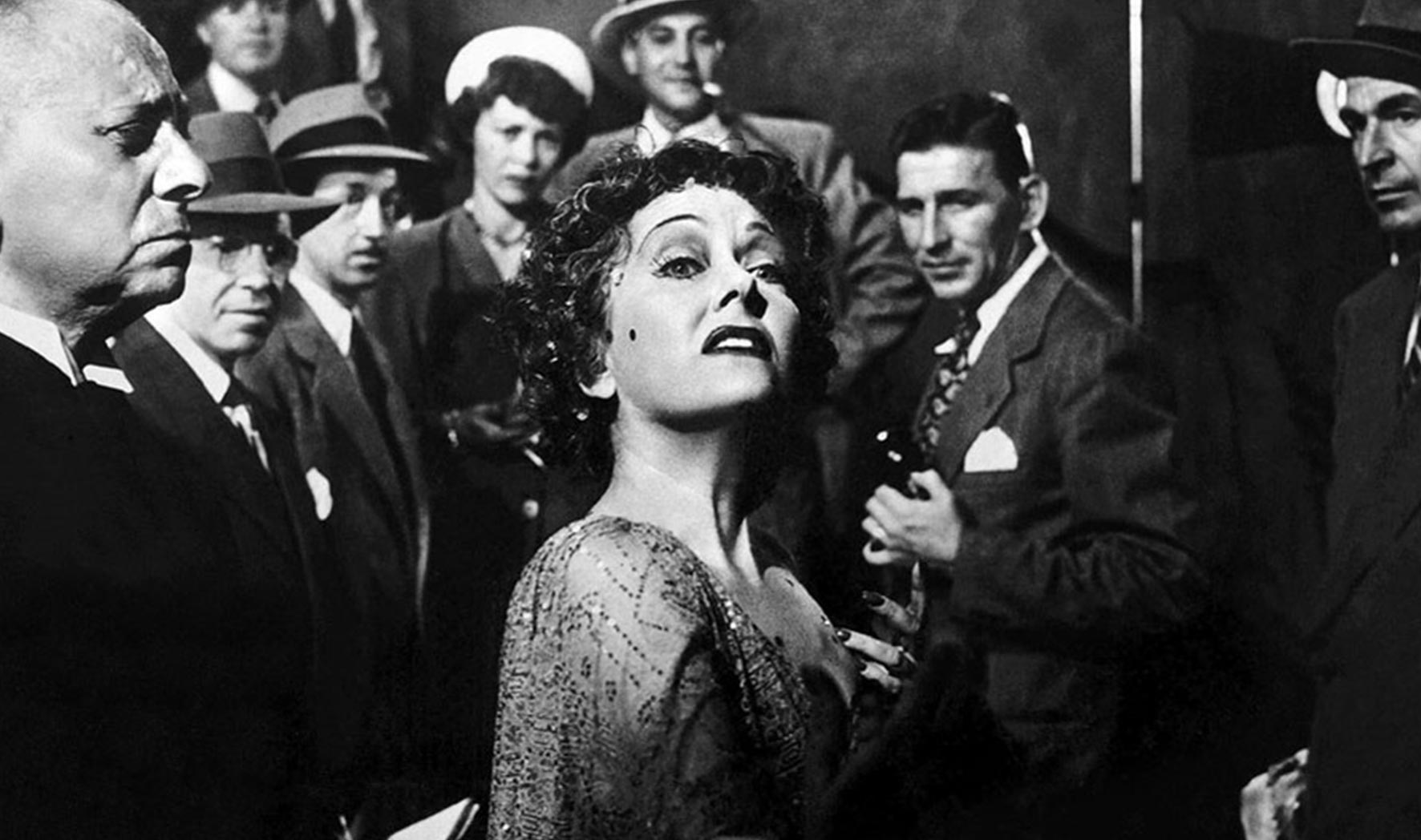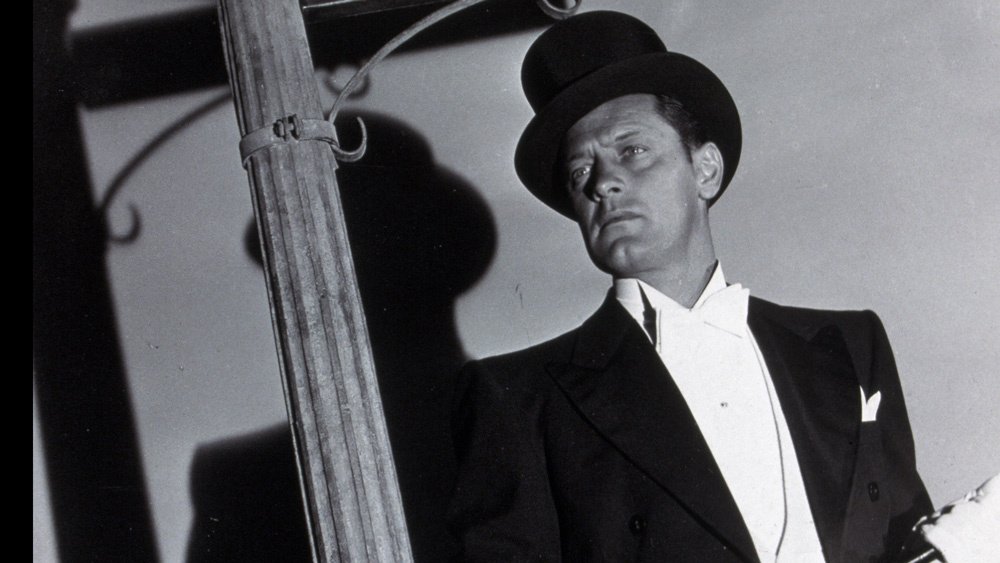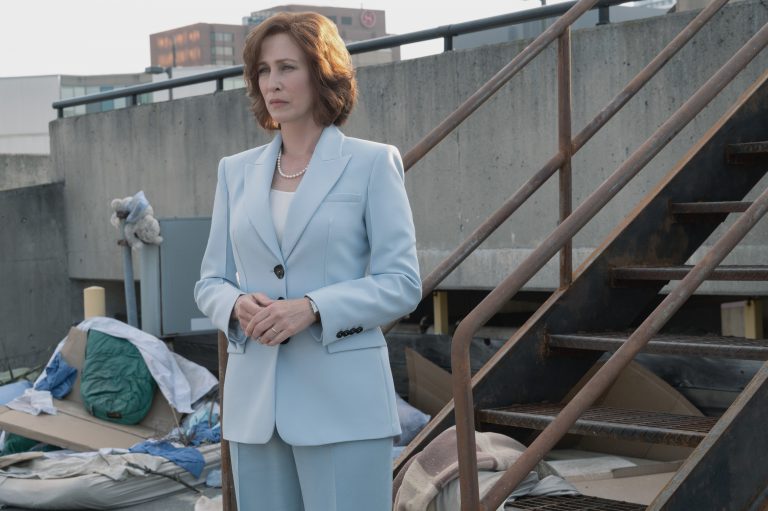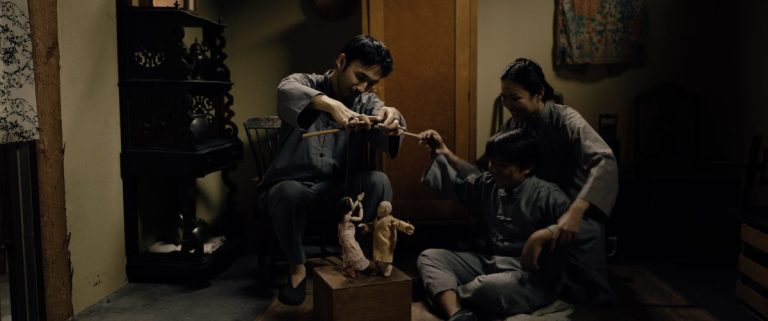Exercising the noir genre to build an interesting reflection supported by the differences between silent and sound cinema, the film Sunset Boulevard (1950) is a charming declaration of love for the true meaning of “seventh art”.
On October 6, 1927, a new era in the history of cinema was inaugurated, a period that would completely redefine the ways of expressing itself through the big screens. This remarkable date represented the premiere of the famous feature film “The Jazz Singer”, the first film to feature scenes in which the characters’ voices could be heard. It was the end of the so-called “silent cinema”, a landmark that symbolizes to this day the different transformations that the artistic world must go through over time. At certain times, however, the appreciation for old conventions and resistance to modernization can speak louder, thus delaying the evolution that the art of storytelling needs to have periodically. Capable of preventing the rise of unprecedented names in the cinematographic world, this is exactly the “evil” that the great Billy Wilder denounces in his masterpiece, “Sunset Boulevard”, rescuing this important sound transition to explore the dangers of blindly worshiping the past.
Similar to Sunset Boulevard: Repast (1951) Review: A Wonderful Marital Strife Drama
Determined to become a great screenwriter, aspiring Joe Gillis (William Holden) is not in the best of situations. Anguished by the debts that surround him and dissatisfied with his small curriculum of mediocre plots, he finds himself about to give up his true dream and exchange the illusory Hollywood for a peaceful life in the North American interior. Everything changes, however, when he meets the great Norma Desmond (Gloria Swanson), a notorious silent movie star who is reluctant to accept that her golden phase is finally over. Working hard to write a film that will promote her return, she decides to hire him to help her with the script, thus starting an engaging game of interests whose stakeholders will do their best to achieve victory and stardom. Written by Wilder himself (in partnership with Charles Brackett), this is the Oscarized plot that invites the viewer to reflect on the difficulties of putting your own voice in the treacherous Hollywood backstage.
Extremely skilled in defining the investigative and criminal tone of the film, the first highlight of the direction is due to the innovative use of the main elements of the so-called “noir films” – a thriller sub genre in which the work easily fits. Innovating the insertion of typical off-screen narrations, subverting the famous “femme fatale” – a female figure who usually uses seduction to manipulate the protagonist -, and investing in the construction of an atmosphere permeated by an ambiguous morality, the director attracts the viewer and manages to creatively enhance the complements and contrasts between mute and sonorous, respectively. If the almost uninterrupted presence of Gillis’ voice is justified as a true guide to the narrative – and also reveals an intelligent use of metalanguage, allowing the character to approach his dream by granting him the role of narrator – it also overlaps to the extremely rich production design, which dedicated to the details of Desmond’s mansion, sets up a curious microcosm through which the actress tries to keep her legacy alive. In this way, an unquestionable link between image and sound has been established, a link that Wilder reinforces in an attempt to demonstrate the importance of this modernization in the seventh art, but without neglecting the contributions of “silent cinema”.
On the other hand, he also establishes an opposition that is clarified by the excellent construction of the central duo, a development that permeates topics such as the influence of the visual field and the need to seek a purpose in the assembly of an artistic piece. Intensely vain and old-fashioned, Norma is the perfect representation of the overvaluation of the aesthetic, ignoring the power of words as the great representative of the silent interpretations she is – a feeling that not by chance ends up causing her enormous difficulty in writing her new project -, spending thousands on recovering a beauty that will never be like before and seeking comfort in the empty compliments of her butler Max (Erich von Stroheim), one of her few remaining “fans”. Blinded by her intense narcissism and reluctant to accept the arrival of the “new”, she thus delivers a persuasive profile (conferred by her dramaturgical skills) that endures between obsession and feigned affection, as demonstrated by Gloria Swanson’s impressive performance.
Also Read: 10 Great Black and White Movies Of The 21st Century
Representing this scary spectrum of a cinema that refuses to change, the character thus contrasts with the interesting protagonist played by William Holden (actor who stands out in winning over the audience despite dubious intentions), a man who strives hard to enter the life in the big movie studios. Owner of superficial ideas and devoid of any messages, Gillis tries to prevail in a profit-driven environment – an ideal that, in the name of stability, determines safe bets with consolidated faces – and that gives little value to those who work behind the camera, forced to seek solutions with Desmond. Upon meeting and falling for the charismatic Betty Schaefer (Nancy Olson) – another aspiring screenwriter who, unlike him, insists on nurturing big dreams, pondering productions loaded with powerful messages – however, he ends up entering a complicated situation, cultivating an almost impossible love when planning partnerships with the talented girl while trying to get rid of Norma’s oppressive reins. This has yet another brilliant reminder of the devastating effects that rejection of new voices – whether motivated by money or pure self-centeredness – can cause, sometimes leading to the corruption of original ideas and charged with authenticity – just as those usually originated by the author’s own romantic experiences.
As if that were not enough, Wilder still punctuates his metalinguistic testament through fascinating comments – usually present through the typical sarcastic humor of the filmmaker – about the artificial relationship between the big stars and his audience, showing how the passing love that the latter has for his idols may be one of those responsible for the behavior of figures like Norma Desmond. Going further, it is essential to highlight how this note dialogues with the lovely relationship that is worked out between Gillis and Schaefer, a beautiful parallel that demonstrates that the essence is not found in the fragile adoration of plastic charm but in the flowering of true emotions and in the teachings that can be extracted from them.
Using with great creativity the main artifices of cinema noir, “Sunset Boulevard” is a charming tale about the difficulties of producing something really true at the heart of the manipulative world of celebrities. Drawing fascinating comparisons between silent and sonorous cinema, the film builds an important dialogue about the need to combine the new with the past, intelligent in working with this message precisely by doing it through the innovation of an old cinematographic genre. Bringing an unforgettable ending, the feature is a warning about the brutal consequences of letting the seventh art succumb to usury and the archaic and a classic that raises awareness of the enormous role that genuine stories must play in preventing this evil.





![Silent Land [2021]: ‘TIFF’ Review – A Laidback Exploration Of A Toxic Marriage](https://79468c92.delivery.rocketcdn.me/wp-content/uploads/2021/09/SILENT-LAND-by-Aga-Woszczynska_HOF-768x415.jpg)
![End of Summer [2018]: ‘NYAFF’ Review](https://79468c92.delivery.rocketcdn.me/wp-content/uploads/2018/06/End_OF_SUMMER_NYAFF_HOF-768x512.jpg)

![Looop Lapeta [2022] Netflix Review – A lowbrow time-loop comedy that has no method to its chaos](https://79468c92.delivery.rocketcdn.me/wp-content/uploads/2022/02/Loop-Lapeta-Netflix-3-768x432.jpg)